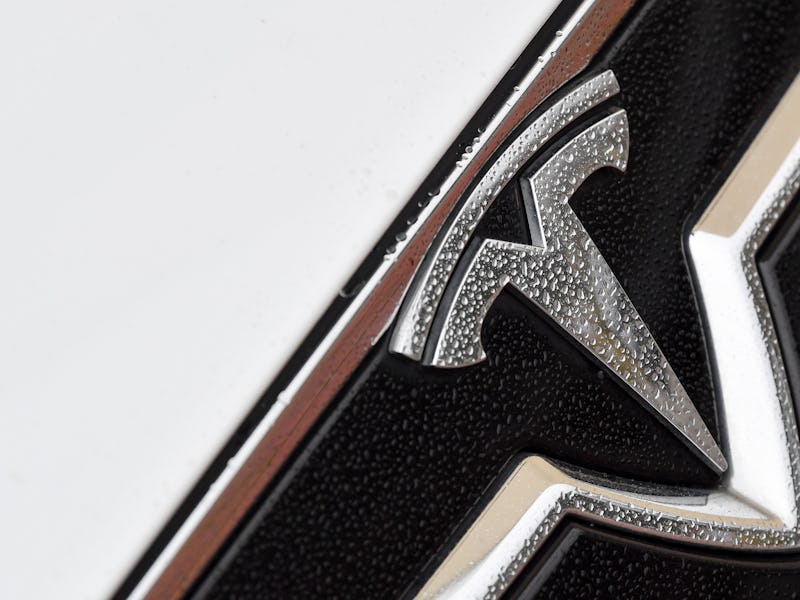Elon Musk says it ‘makes sense’ for Tesla to make a minivan
The Tesla CEO expressed interest in a high-capacity people mover.

Tesla could add a high-capacity minivan to its fleet, if comments from Elon Musk are to be believed.
The Tesla CEO responded during the fourth quarter 2019 earnings call Wednesday to a question about plans for some sort of large-scale people mover. Musk previously committed the company to exploring the idea in the 2016 master plan. On Wednesday, Musk said the firm would "probably" build such a vehicle, but it needs to solve bigger problems around battery output first.
"We got to improve the total battery capacity otherwise we add complexity, but we do not improve the number of vehicles on the road," Musk said. "Will we do some sort of high-capacity vehicle at some point? Probably, but we need to make sure we got the batteries to make cars that are already in our fleet."
Musk noted how in general people prefer to use cars alone, claiming the average number of occupants in a car is around 1.2 (although the U.S. Department of Energy places the figure around 1.59). This could rise slightly with autonomy, where every Tesla acts as a ride-sharing vehicle, but Musk suggested that the priority at this stage was more on supplying batteries for its existing cars with fewer seats.
"Will it make sense for us to do sort of a minivan or sort of Sprinter-like van or something like that? Probably," Musk said. "But like I said...we've got to scale battery production to crazy levels that people cannot even fathom today, that's the real problem."
The "Master Plan Part Deux" outlined a number of upcoming vehicles in 2016, many of which have now hit the roads. This included the Model 3 sedan, Model Y compact SUV and a pickup truck now known as the Cybertruck. It also covered autonomy, clean solar energy, and a Semi truck aimed at business.
The seven-seater Tesla Model Y.
But one vehicle, referred to as a "high passenger density urban transport" vehicle, has remained elusive. The declaration sent fans to outline their own ideas for such a vehicle. One paragraph appeared to outline the concept:
With the advent of autonomy, it will probably make sense to shrink the size of buses and transition the role of bus driver to that of fleet manager. Traffic congestion would improve due to increased passenger areal density by eliminating the center aisle and putting seats where there are currently entryways, and matching acceleration and braking to other vehicles, thus avoiding the inertial impedance to smooth traffic flow of traditional heavy buses. It would also take people all the way to their destination. Fixed summon buttons at existing bus stops would serve those who don't have a phone. Design accommodates wheelchairs, strollers and bikes.
But in the months after this unveiling, Musk appeared to cool on the idea of a full-blown bus. During a May 2017 investor call, Musk said that "I don’t know if the bus thing really makes sense in the shared fully autonomous environment...if it costs less than a bus ticket to make use of a shared autonomy fleet to go wherever you want, point to point, well why don’t you just use that?"
During this time, Musk was also developing the idea of The Boring Company. Musk's new venture would dig tunnels under cities for autonomous electric cars, adding capacity to traffic-filled cities by digging down and under. The company's first public tunnel is expected to open in Las Vegas ahead of CES 2021.
In this week's call, Musk seemed to suggest the high passenger density vehicle would be something more akin to a minibus or a Mercedes-Benz Sprinter van. The latter is an interesting call out, as Musk expressed interest in working with Mercedes-Benz on an electric van in November 2018. In February 2019, the two firms held talks, but it's unclear what if anything resulted from the meeting.
An electric minivan? Don't count it out just yet.